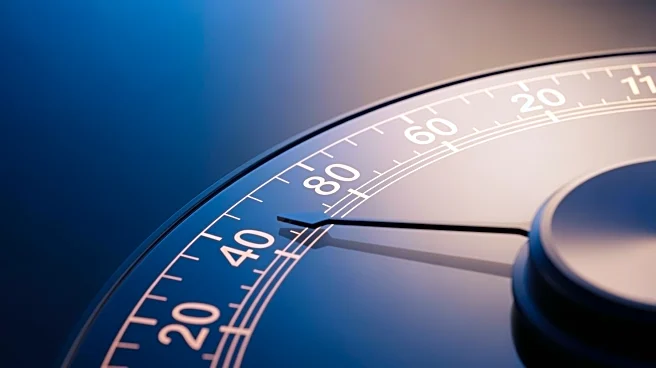What's Happening?
In 1981, renowned broadcaster Harry Caray transitioned from announcing for the Chicago White Sox to the Chicago Cubs, signing a two-year contract with WGN radio and television. Caray had been the voice of the White Sox for 11 years before making the move
to the North Side. The decision came after weeks of negotiations, with Sox owner Jerry Reinsdorf noting that Caray was initially expected to return to the White Sox. Caray's move to the Cubs marked a significant shift in Chicago sports broadcasting, as he became a beloved figure among Cubs fans until his death in 1998.
Why It's Important?
Harry Caray's move to the Chicago Cubs had a lasting impact on the city's sports culture. As a charismatic and entertaining broadcaster, Caray brought a unique style to Cubs games, enhancing the fan experience and contributing to the team's popularity. His presence helped solidify WGN's role in broadcasting Cubs games, reaching a national audience and increasing the team's visibility. Caray's transition also highlighted the competitive nature of sports broadcasting in Chicago, influencing how teams and media outlets approached talent acquisition and fan engagement.
What's Next?
While Harry Caray's legacy continues to influence Chicago sports culture, the broadcasting landscape has evolved with new technologies and platforms. The Cubs and other teams may continue to seek charismatic figures to enhance their broadcasts and engage fans. Additionally, the impact of Caray's style may inspire future broadcasters to adopt similar approaches, blending entertainment with sports commentary to attract diverse audiences.
Beyond the Headlines
Harry Caray's move to the Cubs not only affected sports broadcasting but also reflected broader cultural shifts in Chicago. His style and personality became emblematic of the city's vibrant sports scene, contributing to the identity of Chicago as a passionate sports town. Caray's influence extended beyond the microphone, impacting how sports are marketed and consumed in the city, and setting a precedent for future broadcasters.















